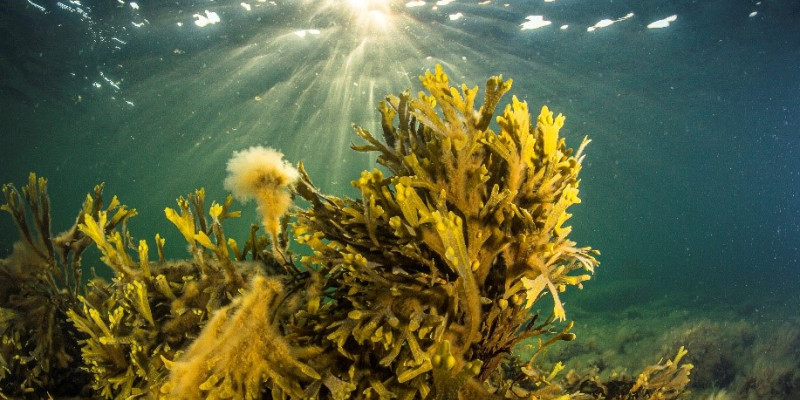Water body of the year 2024 – Shallow coastal waters of the Baltic Sea
Popular holiday waters not in good status
 Click to enlarge
Click to enlargeSource: Christian Howe
The German Environment Agency (UBA ) is drawing attention to the Baltic Sea on World Water Day and has chosen the "shallow coastal waters of the Baltic Sea" as the water body of the year 2024. This body of water is found along the coasts of Schleswig-Holstein and Mecklenburg-Western Pomerania at a distance of up to one nautical mile from the coast or in water depths of up to 15 metres. Overall, this stretch of water accounts for around 20 per cent of the German sea area in the Baltic Sea. A special feature is that the salinity of the Baltic Sea decreases from west to east. As a result, some saltwater species, such as starfish, only live in the western waters.
Although the ecological and chemical status of coastal waters has already improved to some extent, good status has not yet been achieved. Good status refers to high water quality and intact habitats that are not impaired by pollution such as waste or chemicals, noise pollution and other pressures. In order to achieve such a status, the impact of various uses such as shipping, tourism and coastal agriculture must be further reduced. This is the conclusion of Germany's current status assessment in accordance with the EU Marine Strategy Framework Directive for the waters of the Baltic Sea. The public can comment on the draft status assessment until 15 April 2024: https://mitglieder.meeresschutz.info/de/oeffentlich/zustandsbewertung-2024.html

